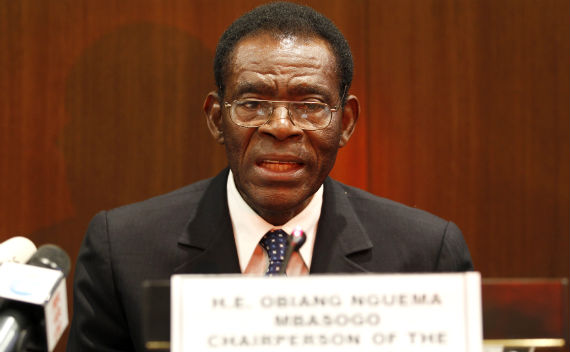African Unity Fracturing on Cote d’Ivoire
More on:

The appointment of Equatorial Guinea president Teodoro Obiang as chairman of the African Union will likely hinder theAU’s ability to resolve the crisis in Cote d’Ivoire. Obiang, in power since 1979, has regularly been accused of corruption, election rigging, and human rights abuses. In November 2010, French courts opened investigations into his personal wealth, and the U.S. Senate issued a report early last year, “Keeping Foreign Corruption Out of the United States,” that includes a detailed case study on Obiang’s son’s suspected money laundering in the United States.
The shift of AU leadership comes at a time when the unity among African leaders has also begun to fracture. Despite ECOWAS’ insistence that challenger Alassane Ouattara was the electoral victor in Cote d’Ivoire and early threats of military intervention from neighboring countries, Ghana and Nigeria have both backed away from the direct use of force. In southern and eastern Africa, South African president Jacob Zuma and Ugandan president Yoweri Museveni, supported by Angolan president José Eduardo dos Santos, have called for an investigation into the electoral results, which appears to be underway. Reports have also surfaced that Zimbabwe supplied arms to Gbagbo near the end of 2010. In the meantime, Cote d’Ivoire’s stalemate will continue with the accompanying violence and economic decline.
h/t to Asch Harwood.
More on:
 Online Store
Online Store
